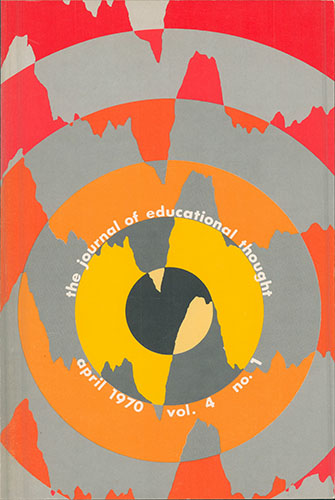The Apology of Socrates: A Response
DOI:
https://doi.org/10.55016/ojs/jet.v4i1.43540Abstract
Professor Perkinson's thesis - that by submitting to death Socrates demonstrates that a free and open society must have its critics - rests upon three closely related assumptions, one explicitly stated, another obvious throughout the paper, and a third implied although not stated. The first is that Socrates has no knowledge, at least of virtue or excellence. His only knowledge is a recognition of his and others' ignorance when it comes to matters of signal import in conducting one's life. The second assumption is that the Socratic method is simply a critical attitude toward men's opinions and nothing more. Since Socrates has no knowledge, his characteristic practice of questioning persons does not result in knowledge but in elenchus. Hence the method he uses is negative and critical, not positive in the sense of resulting in knowledge. The third assumption is that the Socrates of Plato's dialogues is easily distinguishable from Plato himself, and that the demarcation between them is defined precisely by the two earlier assumptions.
Downloads
Published
Issue
Section
License
The Journal of Educational Thought retains first publication rights for all articles. The Journal grants reproduction rights for noncommercial educational purposes with the provision that full acknowledgement of the work’s source be noted on each copy. The Journal will redirect to the appropriate authors any inquiries for further commercial publication of individual articles. All authors wishing to publish in JET will be asked to fill in and sign a Consent to Publish and Transfer of Copyright agreement.
Authors must affirm that any submission to JET has not been and will not be published or submitted elsewhere while under considration by JET.

